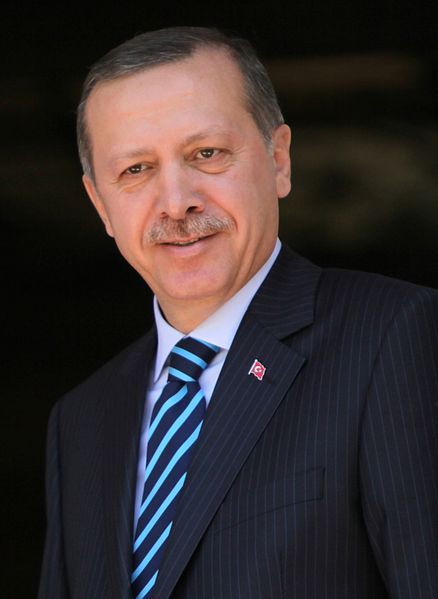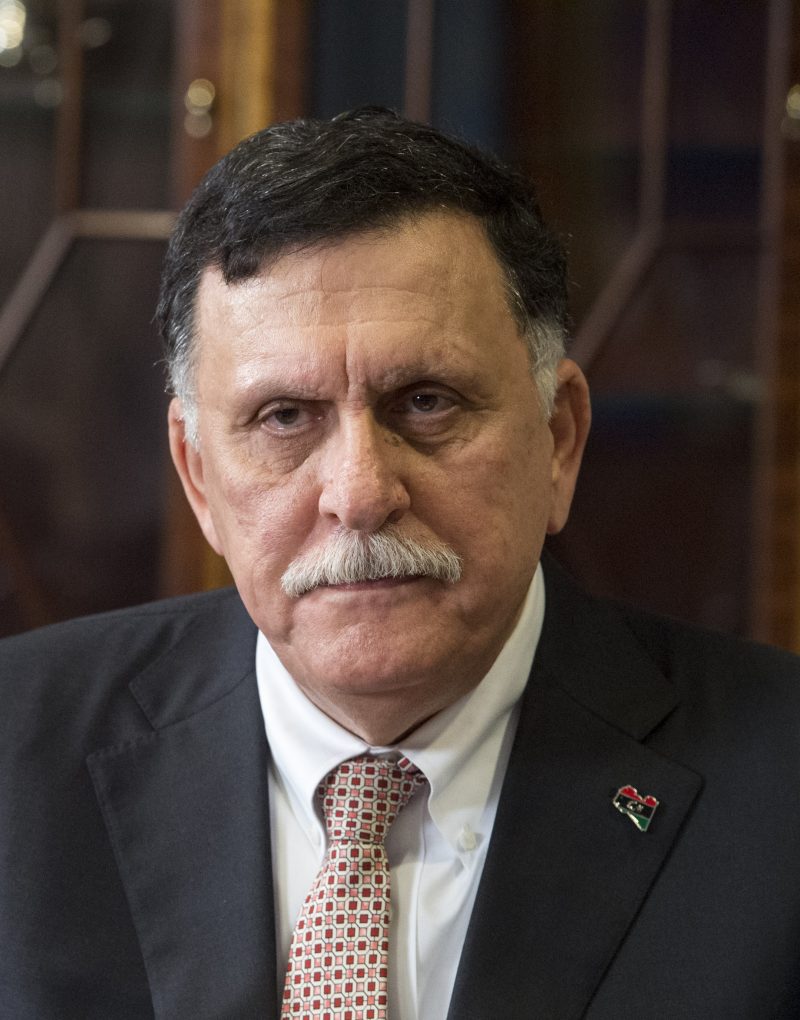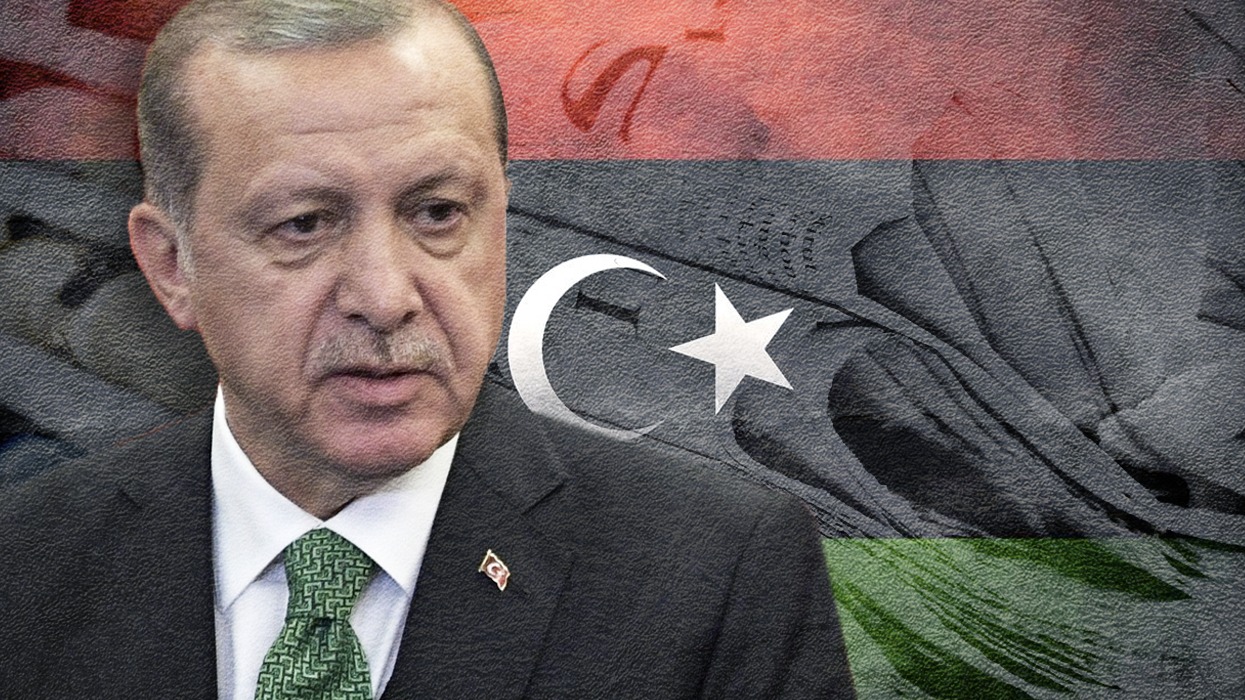Faruk Bildirici, one of the distinguished representatives of Turkish journalism, with whom I worked for 27 years at Hürriyet news, has consistently represented the interests of his readers over the past few years. After he was fired several months ago, Bildirici created his own website to continue his work. Last week Bildirici published a curious article entitled “Is Turkey an active participant in the civil war in Libya?”, which questioned the level of professional competence of the Turkish media.
Some time ago, General Haftar’s Libyan National Army, which controls the area to the east of Libya, arrested 6 Turkish citizens. They were later released. In Libya, a country shattered by civil war, a situation arose in which forces of Haftar ended up declaring Turkey their enemy.
Commenting in his article on the reaction of Turkey to this step by Haftar’s army, Bildirici stressed that the media’s silence on the topic was rather suspicious.
Bildirici stressed that after the release of six detained Turkish citizens, the Turkish press hastily “forgot” about the incident: “It must be a rare example of the press ignoring a serious problem affecting the entire country.”
Below is the full text of Bildirici’s article.
“General Haftar Al-Mismari’s recent statement about the downing of a Turkish drone and the decision to declare all Turkish targets hostile was of extreme importance. After what was essentially a declaration of “war”, One would expect the Turkish media to ask themselves the question, what does Turkey really have to do with the civil war in Libya in the first place? But that didn’t happen. Articles online were limited to headlines about “Insolent threats”, and print news didn’t go much further.
When General Haftar threatened Turkey, President Erdogan was visiting Japan. During a press conference, a foreign journalist asked Erdogan about the situation in Libya: “Mr. President, today the Libyan general Haftar said that he ordered his military to fire all Turkish ships or aircraft in the region. How will you respond to this threat in light of the allegations that Haftar receives weapons from the United Arab Emirates and enjoys the support of Saudi Arabia? Might this situation be called a new hybrid war between Turkey and the two countries of the Persian Gulf?”
TURKEY MOBILIZED ALL RESOURCES
In Libya, the confrontation is predominantly between two major forces. The UN-recognized National Consensus government in Tripoli, which is influenced by the Muslim Brotherhood, receives support from Qatar, Turkey, Sudan and the UK. In turn, the Libyan National Army, based in the east of the country in the city of Tobruk, under the command of General Haftar, is supported by Saudi Arabia, the United Arab Emirates, Egypt, France and Russia to some degree.
Turkey’s support for the government in Tripoli is no secret. When General Haftar’s forces launched an attack on Tripoli in April, President Erdogan openly stated Turkey’s position: “We will continue to support our Libyan brothers and mobilize all our resources to destroy the plans of the forces that want to turn Libya into a second Syria,” he said.
With this statement, the Turkish president acknowledged that Turkey is a party to the Libyan civil war. Meanwhile, the question of Turkey’s participation in yet another confrontation after Syria was not put up for discussion in parliament and had not been voiced before the general public. Unfortunately, the president’s important statement was lost in the flow of information.
ERDOGAN DODGES QUESTION ON HYBRID WAR
This is likely why Erdogan hesitated when answering the journalist’s question in Japan. At first he said that “Haftar did not know about this order,” and then added: “If Haftar really gave such an order, we will know about it. We have taken the necessary measures in this regard. In the future, we will act differently.”

It is noteworthy that Erdogan left the part of the question about the “hybrid war” unanswered… particularly because the issue was also not reflected in the news published in Turkey on the topic. Practically all media outlets limited themselves to generalities about “the threat of Haftar against Turkey,” and focused on Erdogan’s response rather than the context of the journalist’s question.
The Turkish journalists who traveled with Erdogan to Japan also failed to mention a word on the topic. They were expected to ask further questions at a press conference after the G-20 summit, but it never happened.
When information appeared on June 30 about Haftar’s forces arresting six Turkish sailors, Turkish media was notably quick to respond. Statements by Defense Minister Hulusi Akar that Turkey “intends to give a strong symmetrical response,” as well as from the foreign ministry about “turning Haftar’s army positions into a legitimate target for the Turkish Armed Forces,” appeared on the front pages of newspapers and stories online.
The media, however, closed their eyes to the obvious bellicose rhetoric of the official statements, and hurried to hush up the issue as soon as the release of the Turkish citizens became public knowledge. Even Mehmet Barlas wrote: “The war with Haftar in Libya was not enough for us. Fortunately, the six Turkish sailors returned unharmed to their ship. ”
DETAINED SHIPS WITH ARMS
Turkey is at the epicenter of the unofficial clash in Libya. After returning from Japan, Erdogan answered several timid question from journalists about the situation in Libya: “As is known, we have a military agreement. Now we have further strengthened it. ” With this response, the President once again openly expressed Turkey’s position regarding Libya. However, journalists, of course, did not ask what the phrase “strengthen the military agreement” means…
After returning to Turkey, Erdogan met with the head of the Government of National Accord of Libya, Fayez al-Sarraj, and reaffirmed Turkey’s support. The meeting was taken for granted for the media.

Strangely enough, Yeni Şafak was the only newspaper that regularly published news about Turkey’s role in the war. On July 6, an article was published entitled “An even bigger scandal than the story of the intelligence agency waggons”, which reported the following: “FETO terrorists have published the names and photos of government officials claiming that they were performing a secret mission in Libya. Among these statesmen there were also military generals.” In fact, this news article indirectly confirmed the fact of the Turkish military presence in Libya.
A correspondent of the newspaper Evrensel, Yusuf Karatas, and a columnist for the portal Duvar Fehim Tastekin openly wrote that Turkey is waging a “hybrid war” in Libya. In particular, Tastekin, who is closely following the situation in the region, wrote an article entitled “Turkey’s Libyan War” where he briefly listed Ankara’s actions in Libya:
“* From the very beginning, Turkey conducted military training and provided medical services to militants of such groups as the Tripoli Revolutionary Brigade. Among those who received treatment in Turkey were members of al-Qaida, such as Muhammad al-Zahavi.
* Turkey also granted asylum to an ally of Osama bin Laden, the founder of the Libyan Islamic Fighting Group Abdelhakim Belhaj. In 2011, Belhadj returned to Libya as the leader of a partisan detachment.
* The most important element of Turkey’s support is the supply of weapons, which they are sending despite the UN embargo. From 2013 to the present, batches of weapons have been found on 6 ships arriving from Turkey to Greece, Egypt and Libya. On September 5, 2018, at a meeting of the Security Council, the United Nations Committee on the Enforcement of the Arms Supply submitted a report confirming arms shipments from Turkey.
* Turkey has openly become a party to the conflict. From a political point of view, Turkey’s position is not as strong as it may seem. ”

















Leave a Reply